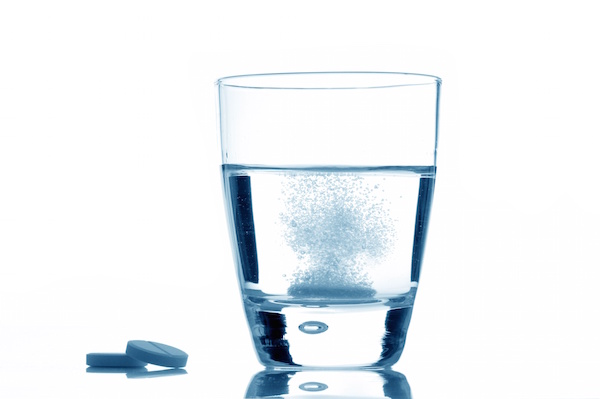MONDAY, Nov. 21, 2016 (HealthDay News) — High blood pressure and weakened bones are two big health issues for seniors.
Now, new data suggests that one class of drugs might help protect against both.
The study of thousands of Veterans Affairs (VA) and Medicare patients found that anti-hypertension meds called thiazide diuretics also seemed to lower odds of a patient suffering a hip or pelvic fracture, compared with people on other high blood pressure medications.
The finding made sense to one endocrinologist.
“It is well known that thiazide therapy can lower calcium excretion into the urine by as much as 50 percent,” said Dr. Caroline Messer, who reviewed the new findings.
“This tendency towards a positive calcium balance in the body may [slow] bone loss and reduce fracture risk,” explained Messer. She directs the Center for Pituitary and Neuroendocrine Disorders at Lenox Hill Hospital in New York City.
The study was funded by the U.S. National Heart, Lung, and Blood Institute, and led by Dr. Joshua Barzilay of Kaiser Permanente of Georgia. His team tracked data from more than 22,000 patients, averaging 70 years of age.
These VA and Medicare patients had all enrolled in a clinical trial that compared how different types of blood pressure-lowering drugs affected heart disease and heart attack risk. Patient outcomes were followed for an average of nearly five years.
The analysis showed that patients who took thiazide-type diuretic drugs had a 21 percent lower risk of hip and pelvic fractures than those who took either lisinopril (from a class of drugs known as ACE inhibitors) or amlodipine (from the class of drugs known as calcium channel blockers).
The data “strongly recommend use of a thiazide for hypertension treatment in addition to its long track record of cardiovascular protection,” Barzilay’s team concluded.
Messer said that thiazides may not be the first choice for every patient, however. She explained that “treatment must always be individualized,” because thiazide diuretics, like all medications, come with their own risks. These include hyponatremia (too little sodium in the blood) and an increased risk for falls, Messer explained.
Dr. David Friedman is chief of heart failure services at Northwell Health Long Island Jewish Valley Stream Hospital in New York. He agreed with Messer that while the new data look promising for the use of thiazide diuretics, decisions for individual patients “need to be weighed in a risk and benefit analysis.”
The study was published online Nov. 21 in the journal JAMA Internal Medicine.
More information
The U.S. Centers for Disease Control and Prevention has more on hip fractures.
Copyright © 2026 HealthDay. All rights reserved.

